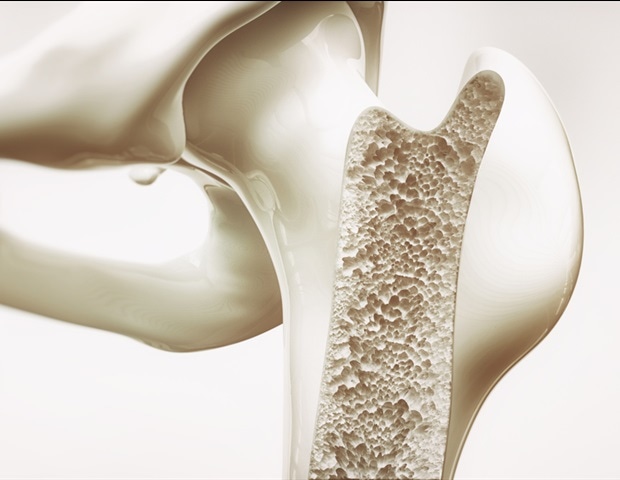
A study suggests that high-fat diets fuel the creation of inflammatory immune cells in the bone marrow of mice. The results may help explain how high-fat diets trigger inflammation, which can contribute to the development of insulin resistance, type 2 diabetes and other complications in individuals with obesity.
An invasion of inflammatory immune cells, called monocytes, into fat tissue is a hallmark of obesity, but what leads to this harmful phenomenon is unclear. Many immune cells, including monocytes, are produced in the bone marrow, which is very sensitive to environmental changes. Scientists have already shown that fat cells in the bone marrow rapidly expand in response to a high-fat diet.
“We wanted to know ...
Read More








Recent Comments